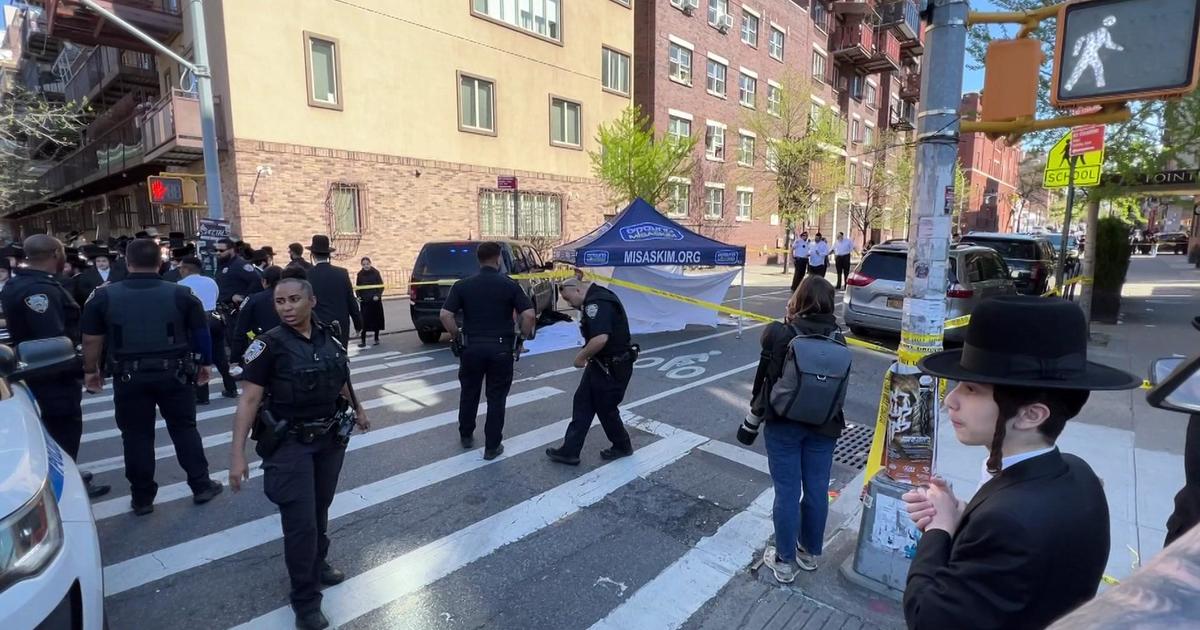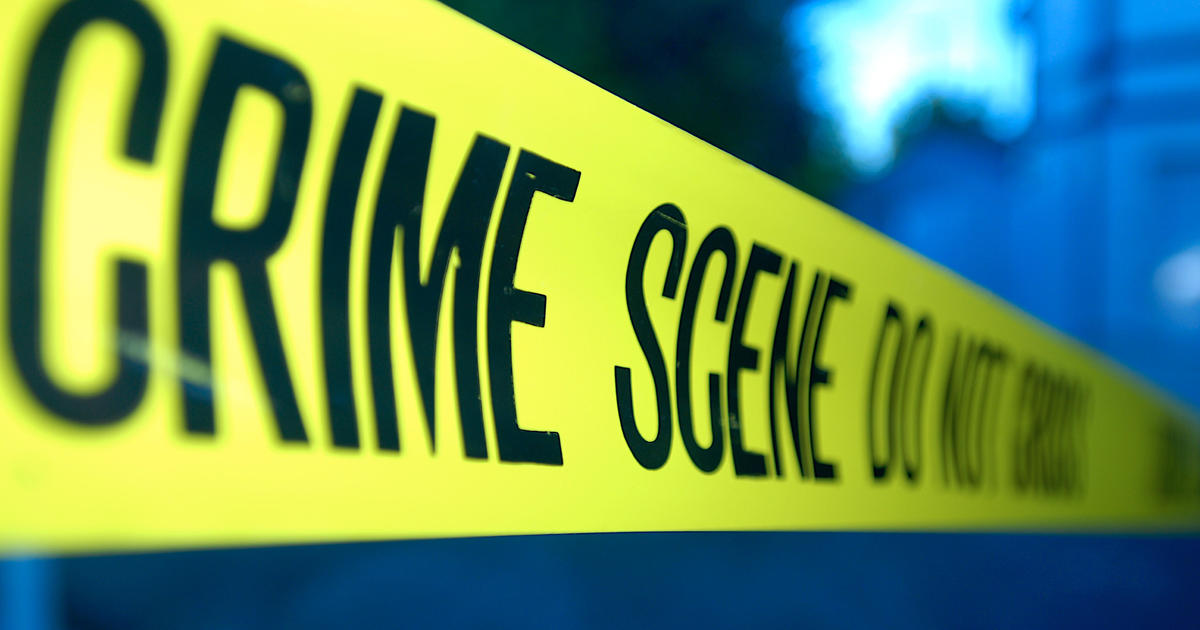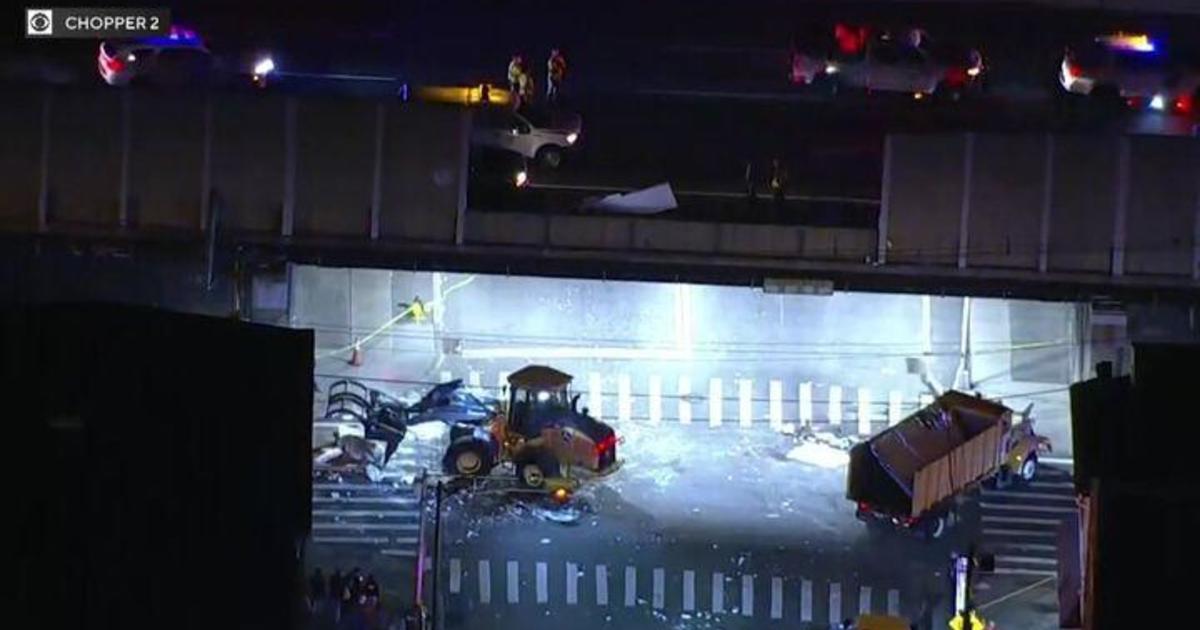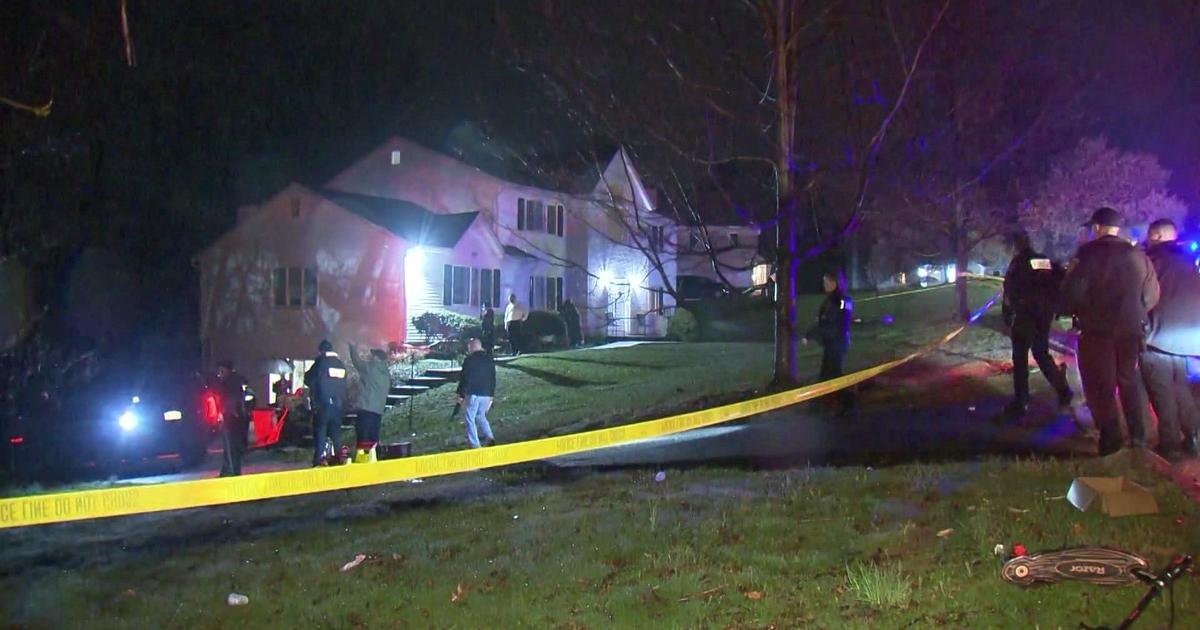Staff Evacuated From Belgium Nuclear Plant Following Terror Attacks
BRUSSELS (CBSNewYork/AP) -- Personnel at a nuclear plant 50 miles outside of Brussels were evacuated following Tuesday's deadly terror attacks.
CBS News reports non-essential staff were evacuated from Tihange nuclear plant hours after bombs ripped through Zavantem airport and the Maelbeek metro station, killing more than 30.
The Islamic State of Iraq and Syria have taken responsibility for the attack.
CBS News reports there was no direct threat to the facility run by French electric company ENGIE, but police learned earlier this year that ISIS was interested in breaching Belgium's nuclear security.
BRUSSELS ATTACKS: Photos | Videos | Coverage From CBS News
The country's security services discovered in February that two men had been secretly videotaping one of Belgium's senior nuclear scientists.
After the arrest of Mohamed Bakkali, who was charged in the November Paris terror attacks, police recovered 10 hours of secretly recorded video showing an unnamed Belgian nuclear official coming and going from his home. CBS News reports the camera used to record the nuclear official was left under a bush and picked up by two unidentified suspects.
Belgian Interior Minister Jan Jambon told The Independent there was a threat "to the person in question, but not the nuclear facilities."
The Independent reports ISIS militants wanted to kidnap the official and use him to access secure areas of a Belgian nuclear research facility in Mol, in an effort to obtain radioactive material to build a "dirty bomb."
CBS News senior national security analyst Juan Zarate called the evacuation order a "chilling development."
"This lends itself to concerns that ISIS is adapting very quickly, looking for key vulnerabilities, and even potentially considering how to use dirty bombs – weapons of mass destruction," Zarate told "CBS This Morning."
He continued, "We've seen in Iraq and Syria, they've used chemical weapons. We know they have a chemical weapons unit. And so the concern over ISIS developing quickly a desire and appetite for the use of weapons of mass destruction has to be a chilling moment for Europe, and certainly, I think the Belgian authorities are going to take every prophylactic step possible to protect their infrastructure and research sites."
Belgium raised its terror alert to the highest level, diverting planes and trains and ordering people to stay where they were for most of the workday.
Authorities released a photo taken from closed-circuit TV of three men pushing luggage carts, saying two of them apparently were the suicide bombers and that the third -- dressed in a light-colored coat, black hat and glasses -- was at large. They urged the public to contact them if they recognized him.
Police later conducted raids in Brussels searching for one of the suspects, and found a nail-filled bomb, chemical products and an Islamic State flag in the search of a house in the Schaerbeek neighborhood, the state prosecutors' office said in a statement.
Airports across Europe -- and in the New York area -- tightened security.
"We are at war," French Prime Minister Manuel Valls said after a crisis meeting in Paris. "We have been subjected for the last few months in Europe to acts of war."
Added French President Francois Hollande: "Terrorists struck Brussels, but it was Europe that was targeted, and it is all the world which is concerned by this."
European security officials have been bracing for a major attack for weeks and warned that the Islamic State group was actively preparing to strike. The arrest Friday of Salah Abdeslam, a key suspect in the Nov. 13 attacks in Paris, heightened those fears, as investigators said many more people were involved than originally thought and that some are still on the loose.
ISIS claimed responsibility for the Brussels attacks, saying in a post on the group's Amaq news agency that its extremists opened fire in the airport and "several of them" detonated suicide belts. It said another suicide attacker struck in the subway. The post claimed the attack was in response to Belgium's support of the international coalition arrayed against the group.
Authorities found and neutralized a third bomb at the airport once the chaos after the two initial blasts had eased, said Florence Muls, a spokeswoman for the airport told The Associated Press. Bomb squads also detonated suspicious objects found in at least two locations elsewhere in the capital, but neither contained explosives, authorities said.
Belgian Prime Minister Charles Michel said there was no immediate evidence linking the attacks with Abdeslam. After his arrest, Abdeslam told authorities he had created a new network and was planning new attacks.
President Barack Obama pledged to "do whatever is necessary" to help Belgian authorities seek justice.
"We stand in solidarity with them in condemning these outrageous attacks against innocent people," Obama said in Havana, where he was closing a three-day visit.
Tuesday's explosions at the airport in the Brussels suburb of Zaventem came shortly after 8 a.m., one of its busiest periods when thousands of people were inside. Belgian Health Minister Maggie de Block said 11 people were killed and 81 wounded. Eleven people had serious injuries, Marc Decramer of the Gasthuisberg hospital in Leuven told broadcaster VTM. The nails apparently came from one of the bombs.
Zach Mouzoun, who arrived on a flight from Geneva about 10 minutes before the first blast, told BFM television that the second, louder explosion brought down ceilings and ruptured pipes, mixing water with victims' blood.
"It was atrocious. The ceilings collapsed," he said. "There was blood everywhere, injured people, bags everywhere."
"We were walking in the debris. It was a war scene," he said.
Video from moments after the blasts showed travelers huddled next to check-in counters and lying near luggage and trolleys as dust and the cries of the wounded filled the air. Dazed people stumbled from the scene, some with clothes and shoes blown off.
Anthony Deloos, an airport worker for Swissport, which handles check-in and baggage services, said the first explosion took place near the counters where customers pay for overweight bags. He and a colleague said the second blast hit near a Starbucks cafe.
"I jumped into a luggage chute to be safe," Deloos said.
The subway bombing came after 9 a.m., killing 20 people and wounding more than 100, Mayor Yvan Majeur said.
"The metro was leaving Maelbeek station for Schuman when there was a really loud explosion," said Alexandre Brans, 32, wiping blood from his face. "It was panic everywhere. There were a lot of people in the metro."
Near the entrance to the station, rescue workers set up a makeshift medical treatment center in a pub. Dazed and shocked morning commuters streamed from the metro entrances as police tried to set up a security cordon.
The airport was ordered closed for the rest of the day and CEO Arnaud Feist said the facility would be shut at least through Wednesday. About 600 flights in or out of Brussels were diverted or canceled, Muls said.
The metro also was ordered closed as the city was locked down. By the end of the workday, city officials said residents could begin moving around on the streets of the capital and train stations were reopening. But Peter Mertens of the Belgian crisis center said the threat of more attacks "is still real and serious."
At least one and possibly two Kalashnikovs were found in the departure lounge at the airport, according to a European security official in contact with a Belgian police official who spoke on condition of anonymity because he was not authorized to talk about the ongoing investigation. It was not immediately clear if the firearms were used in the attacks.
Travelers fled the airport as quickly as they could. In video shown on France's i-Tele television, men, women and children dashed from the terminal in different directions. Security officers patrolled a hall with blown-out paneling and ceiling panels covering the floor.
Marc Noel, 63, was about to board a Delta flight to Atlanta, to return to his home in Raleigh, North Carolina. A Belgian native, Noel said he was in an airport shop buying automotive magazines when the first blast struck about 50 yards away.
"People were crying, shouting -- children. It was a horrible experience," he said, adding that his decision to shop might have saved his life. "I would probably have been in that place when the bomb went off."
(TM and © Copyright 2016 CBS Radio Inc. and its relevant subsidiaries. CBS RADIO and EYE Logo TM and Copyright 2016 CBS Broadcasting Inc. Used under license. All Rights Reserved. This material may not be published, broadcast, rewritten, or redistributed. The Associated Press contributed to this report.)



